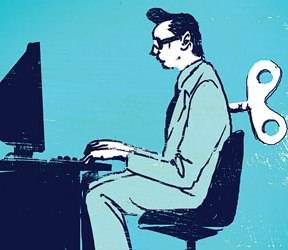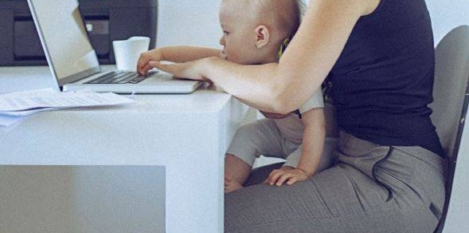December 23, 2016
Majority of British workers will work at some point over Christmas and New Year 0
 Three in five UK employees will work at some point over the Christmas period, a third of staff will curtail their break to return on Tuesday 27th December and 45 percent say working over Christmas is mandatory. These are the key findings of research from Hudson. The firm suggests that growing pressure pressure on companies to meet year round demand is causing employees to work over the traditional holiday period. The quarterly UK office-based workforce survey claims that the majority of workers (61.5 percent), including three quarters of millennials (76 percent), will cut short their festivities to work at some point between Christmas Eve and the January Bank Holiday. More than one third of staff (34 percent) will have to work at least one day between Christmas and New Year, causing problems for the many employees who’ve travelled home to be with their families over the festive period.
Three in five UK employees will work at some point over the Christmas period, a third of staff will curtail their break to return on Tuesday 27th December and 45 percent say working over Christmas is mandatory. These are the key findings of research from Hudson. The firm suggests that growing pressure pressure on companies to meet year round demand is causing employees to work over the traditional holiday period. The quarterly UK office-based workforce survey claims that the majority of workers (61.5 percent), including three quarters of millennials (76 percent), will cut short their festivities to work at some point between Christmas Eve and the January Bank Holiday. More than one third of staff (34 percent) will have to work at least one day between Christmas and New Year, causing problems for the many employees who’ve travelled home to be with their families over the festive period.















 The legal status of people working in the gig economy must be clarified so that businesses and individuals can thrive, according to a new report from the Recruitment & Employment Confederation (REC).
The legal status of people working in the gig economy must be clarified so that businesses and individuals can thrive, according to a new report from the Recruitment & Employment Confederation (REC). 















March 22, 2016
While politicians squabble, here’s what the Budget meant for the workplace 0
by Mark Eltringham • Comment, Facilities management, Legal news, Workplace, Workplace design
(more…)